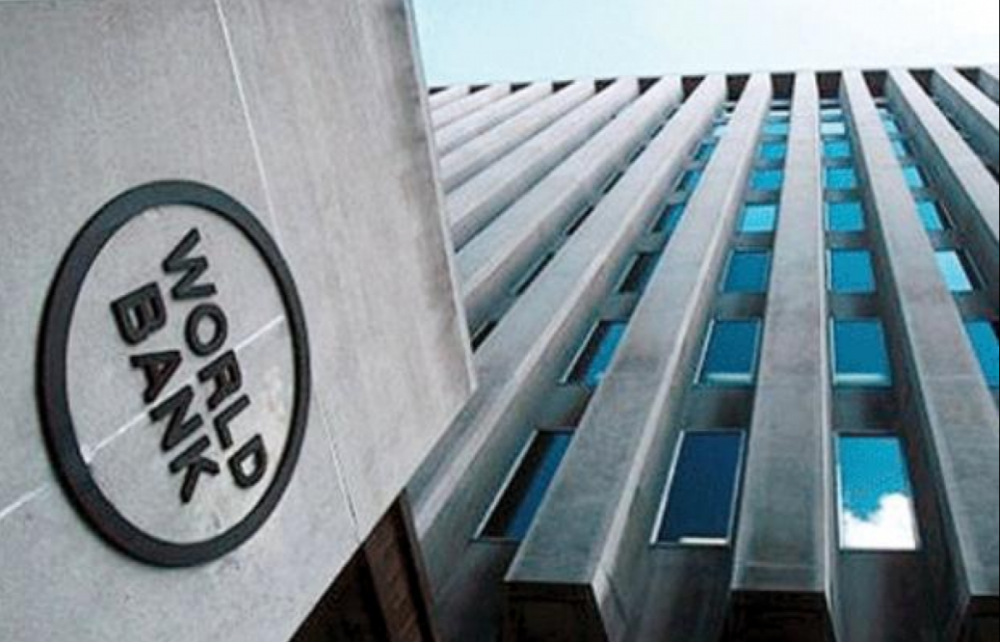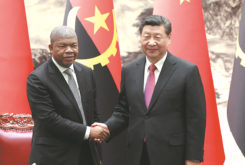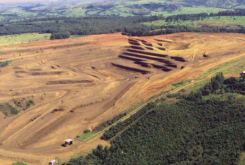The World Bank has revised downwards the economic growth forecast for all Portuguese-Speaking African Countries, while keeping that of Brazil.
In its latest Global Economic Perspectives report, the World Bank estimates that Brazil´s Gross Domestic Product (GDP) will grow 0.8% this year, the same as its previous forecast.
Angola, the report adds, will grow by 2.8%, 0.5 points less than the forecast in June 2022, while Cabo Verde is expected to register an expansion of 4.8%, that is, 1.3 points less than expected in June.
Equatorial Guinea, Cabo Verde and Portugal lead GDP growth in 2022 among lusophone countries
In Guinea-Bissau, the World Bank continues to predict growth of 4.5% for this and next year, and in Mozambique it cut a percentage point to the forecast for economic expansion, which is now 5%.
In São Tomé and Príncipe, the new forecast of 2.1% represents a cut of 0.9 points compared to the estimate made in June.
The document predicts 5% growth in sub-Saharan Africa this year and next, slightly below the June forecast, economists say, warning that the external environment is likely to remain challenging for some countries, with further declines in various commodity prices raw materials, which should harm revenues and exports.
China to waive interest-free loans for 17 African countries that matured by end-2021
Equatorial Guinea is, along with South Sudan (-0.8%), the only country in the region that is expected to record negative growth this year, with -2.6%.
The World Bank has revised downwards its projection for the growth of the global economy this year, to 1.7%. Six months ago, it projected an increase of 3.0%, but now the institution warns of the fact that there is a “sharp” slowdown, due to high inflation, higher interest rates, reduced investments and repercussions of the invasion of Russia in Ukraine.




